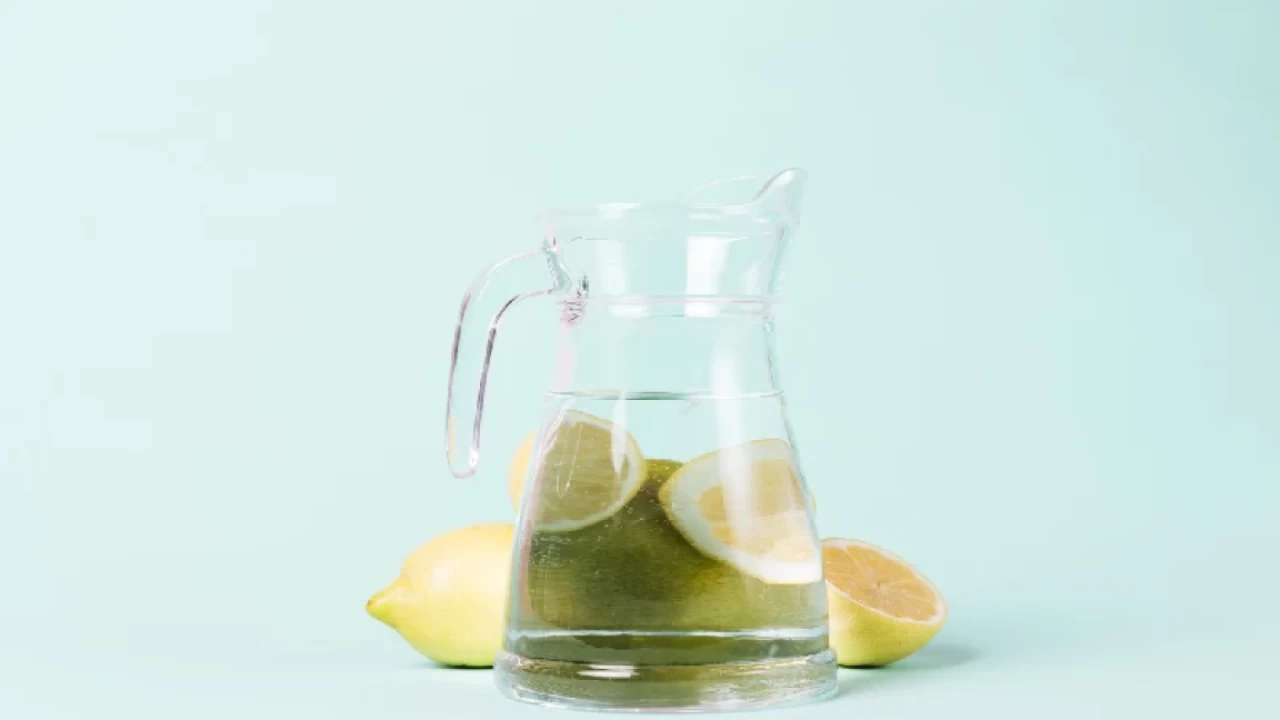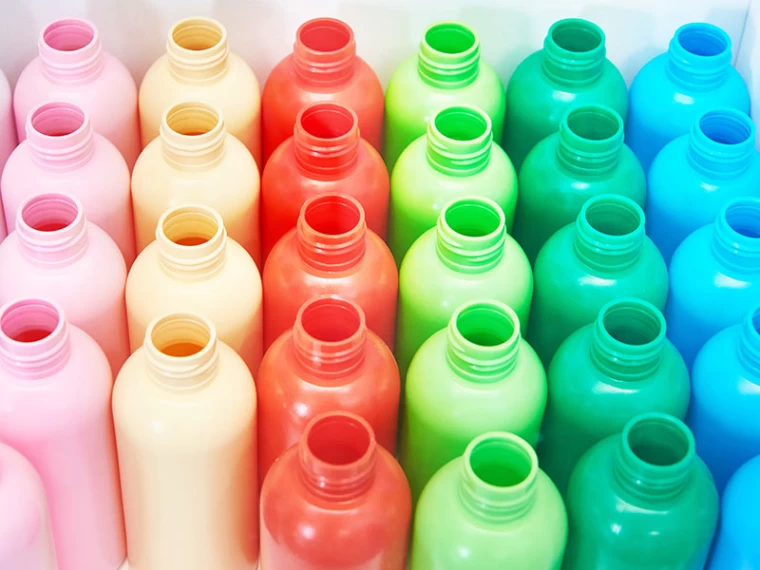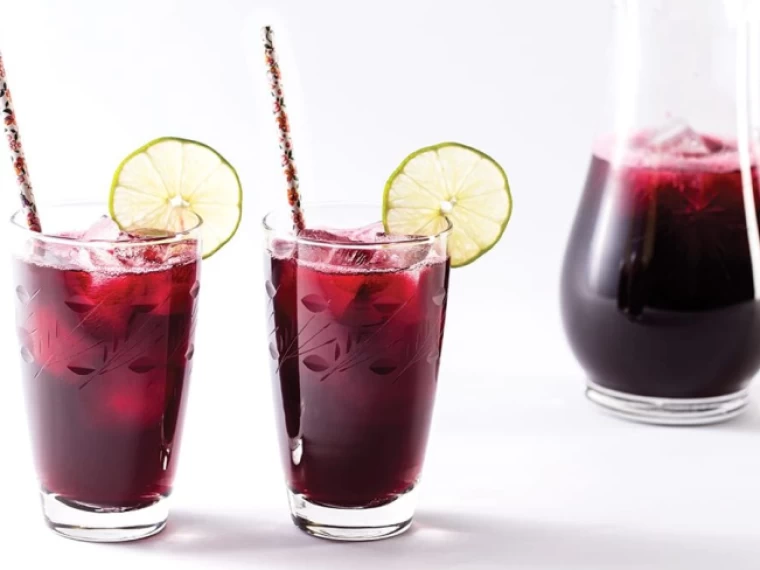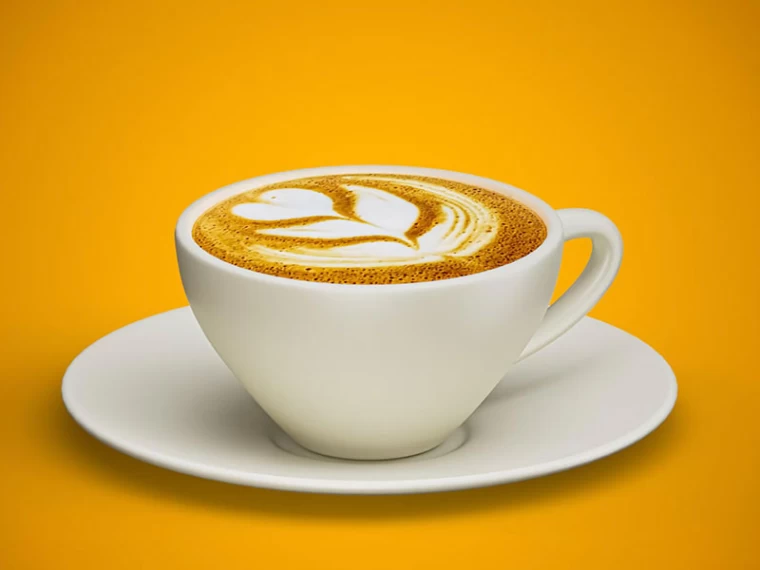The holy month of Ramadan and other fasting periods in various religions and traditions provide a valuable opportunity for physical and spiritual health improvement. During these periods, people abstain from eating and drinking for a specified time. This causes the body to rely on its stored resources, triggering cellular cleansing and regeneration processes. However, ensuring proper hydration and nutrient intake during the allowed periods (such as Suhoor and Iftar during Ramadan) is especially important. In this article, we will discuss the significance of beverage consumption and its role in maintaining the health of fasting individuals.
- The Vital Role of Water in the Body
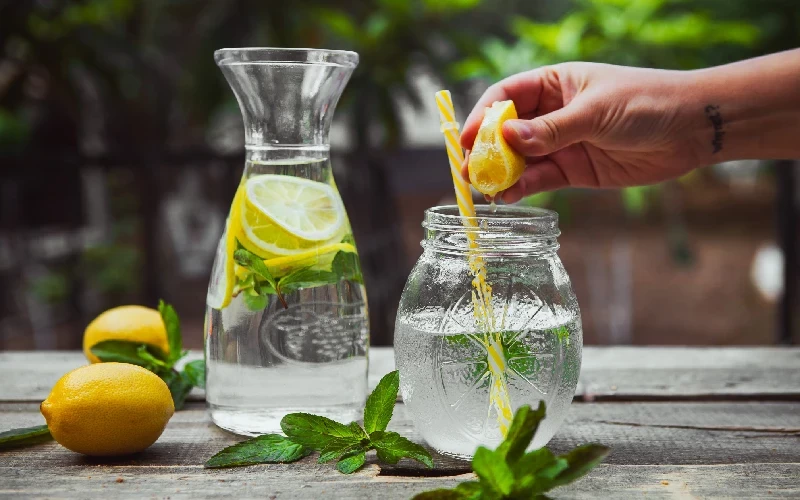
1.1. Regulating Liquid Balance and Body Temperature
Water is responsible for balancing the body's internal temperature. When temperatures rise, increased sweating helps cool the body down. During fasting periods, dehydration can cause body temperature to rise, weakness, fatigue, and in severe cases, heat exhaustion. Therefore, adequate water consumption during permitted meals is essential to maintaining liquid balance and preventing dehydration-related issues.
1.2. Supporting Proper Organ Function
Water is a key element in the function of organs such as the kidneys. Without enough water, the kidneys cannot efficiently filter the blood or expel toxins. Additionally, water is crucial for blood circulation, oxygen and nutrient delivery to cells, and the removal of waste from the body.
- The Importance of Healthy Beverages during Fasting
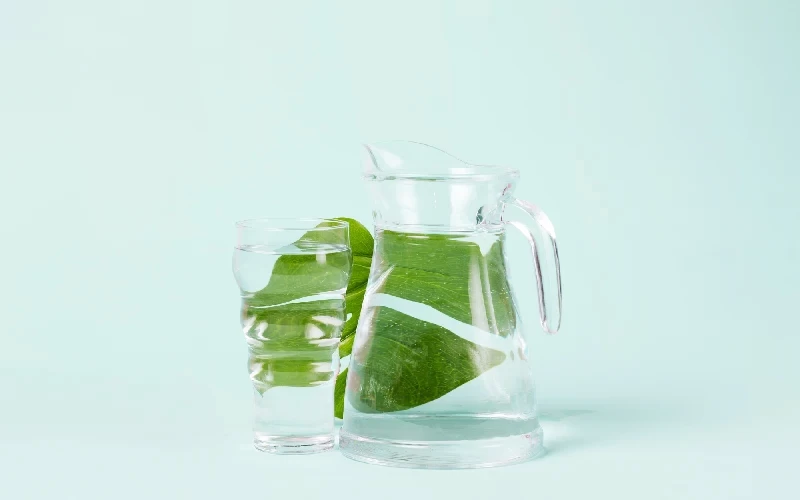
2.1. Providing Essential Vitamins and Minerals
Consuming natural fruit juices, herbal teas, or dairy-based drinks can help supply the body with essential vitamins, minerals, and nutrients. Especially during Ramadan, Suhoor (pre-dawn meal) and Iftar (meal at sunset) are the only eating times, making nutrient intake during these meals crucial for preventing deficiencies.
2.2. Preventing Weakness and Fatigue
When the body relies on stored energy, the likelihood of weakness and fatigue increases. Beverages containing natural sugars (such as date milk or homemade fruit juices) can serve as quick energy sources and help prevent drastic drops in blood sugar levels.
2.3. Controlling Appetite and Weight
Balanced fiber- or protein-rich beverages (such as fruit smoothies and low-fat dairy drinks) promote satiety and prevent overeating during Iftar and Suhoor. This, alongside fasting, can help with weight management or prevent unwanted weight gain.
- Effects of Dehydration and the Importance of Prevention
3.1. Headaches and Migraines
Dehydration is a common cause of headaches during fasting. Reduced blood volume and disrupted circulation to the brain can trigger headaches or worsen existing migraines.
3.2. Constipation and Digestive Issues
Water plays a key role in digestion and waste elimination. During fasting, insufficient water intake can result in digestive difficulties, bloating, and constipation.
3.3. Low Blood Pressure and Dizziness
With reduced fluid levels, blood volume decreases, leading to low blood pressure, dizziness, or even fainting. Drinking electrolyte-rich beverages (such as diluted fruit juices or low-salt yogurt drinks) in moderation can help stabilize blood pressure.
- Tips for Optimizing Beverage Consumption during Fasting
- Spread out water intake: Instead of drinking all necessary liquids at once, divide consumption into multiple sessions (such as at Iftar, midnight, and Suhoor).
- Moderate sugar intake: Overly sweet drinks can cause blood sugar fluctuations and increased thirst. Use natural sweeteners like dates or honey in moderation.
- Limit caffeine intake: Caffeinated beverages (such as strong tea and coffee) promote liquid and electrolyte loss through urination, potentially increasing thirst throughout the day.
- Enhance water with fresh fruits and herbs: Add cucumber, lemon, mint, or orange slices to water for extra flavor and vitamins.
- Mind the temperature of drinks: Extremely cold or hot beverages at Iftar or Suhoor may strain the stomach. Opt for warm or moderately cool drinks instead.
- Recommended Drinks for Fasting People
- Water and infused water – Simple, accessible, and enriched with natural ingredients.
- Herbal teas (mint, chamomile, borage flower) – Hydration plus health benefits from medicinal herbs.
- Milk and dates – A quick energy source, rich in protein and natural sugars.
- Chia seed and basil seed drinks – Cooling effects beneficial for hydration and body temperature regulation.
- Natural fruit juices – High in vitamins and minerals, especially low-sugar options like orange or watermelon juice.
Conclusion
Choosing healthy beverages during fasting ensures proper hydration and nutrient intake, preventing issues like dehydration, headaches, fatigue, and constipation. Fasting ones should plan carefully to increase water consumption at Suhoor and Iftar, balance sugar and caffeine intake, use fresh fruits and herbs, and drink liquids at intervals to maintain energy and overall health throughout their fast.
Frequently Asked Questions (FAQ)
- Can drinking a lot of water at Suhoor prevent thirst during the day?
The body can only retain a limited amount of water. Drinking excessive amounts at once results in rapid elimination and can strain the stomach. It is better to drink water gradually and in intervals.
- Are carbonated drinks advisable during Iftar or Suhoor?
Carbonated beverages often contain excess sugar and carbon dioxide, which may lead to bloating, heartburn, and blood sugar fluctuations. It is best to limit or avoid them entirely.
- Does drinking tea at Suhoor increase thirst?
Tea contains caffeine, which promotes water loss through urination. It is best to drink mild tea and moderate consumption to avoid excessive thirst.
- Which beverages help reduce fasting-related fatigue?
Beverages with natural sugar and minerals, such as date milk or minimally sweetened fruit juices, help restore energy and prevent weakness.
- Are herbal teas suitable for everyone?
Most common herbal teas are safe, but some may pose restrictions for those with specific medical conditions or pregnant women. When uncertain, consult a doctor.
By choosing healthy and diverse beverages, you can fast more comfortably and energetically while enjoying the physical and spiritual benefits of the practice.

